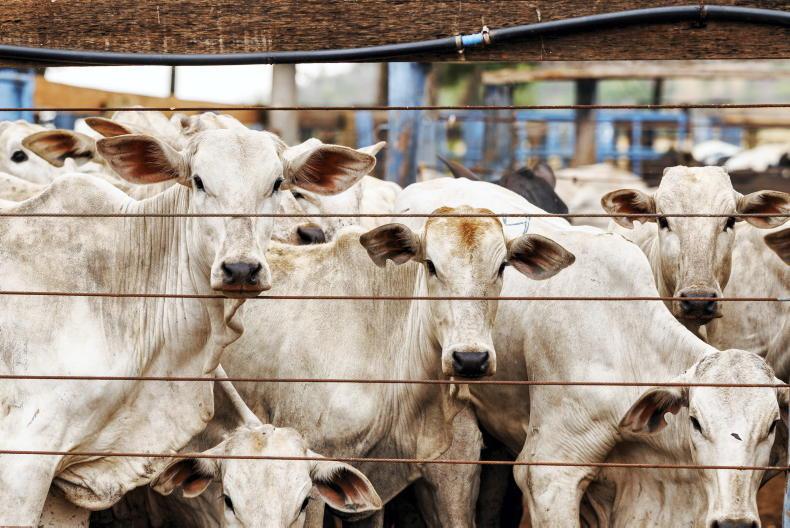There has been a seismic shift in European agricultural policy from the days when farmers closely monitored the negotiation and reform of the Common Agriculture Policy (CAP), which clarified the parameters and provided some indication of income potential in the years ahead.
Fast forward to the current policy landscape, where the extent of policy and legislation coming towards farming from other disciplines is almost as vast as the CAP itself.
It’s not just the policy itself that is complex, much of it stems from the health and environment wings of the European Commission, with multiple committees across parliament influencing the direction of travel.
Greater health and environment focus
It is clear that within the European Commission, there is a determined effort to look at agriculture from different perspectives.
Agriculture, of course, is not just about the provision of food; it works with and on the environment and has a complex relationship with human health from production right through to consumption.
Therefore, it is logical and reasonable that these committees would have a vested interested in agriculture policy.
However, the extent of their reach and power within food production in some regards almost dwarfs that of DG Agriculture, which is the arm of the European Commission responsible for agriculture and rural development policy.
Thoughts are now quickly turning to the next round of CAP reform just as the current is being implemented
There has been much concern recently about the marginalisation of the agriculture commissioner and DG Agriculture.
There are others, of course, who see this as a rebalancing of power, which is absolutely aligned to both global and European priorities.
Thoughts are now quickly turning to the next round of CAP reform just as the current is being implemented.
Many are now concerned that the influence of the health and environment committees will reach more assertively into CAP reform, particularly given the extent of the EU budget at play and the new realities weighing on the budget in terms of defence and energy.
Are organisations equipped?
A key consideration for the agriculture sector, farmers in particular, is the degree to which they are appropriately equipped for this changed policy landscape.
Policy today is about much more than production, economics and environmental schemes.
As legislation such as the industrial emissions directive extends into mainstream farming, those interpreting, advising and influencing on behalf of farmers need a much wider skill set. The science is complex and understanding it is not the mainstay of those with agricultural production specialism.
As the challenges facing the sector become more complex, the understanding and support should become more specialist
At all levels in the sector, but particularly where policy is being interpreted and negotiated, a multidisciplinary skill set including environmental science professionals and health professional could only be a significant advantage.
As the challenges facing the sector become more complex, the understanding and support should become more specialist.
It is perhaps time for all organisations within the sector - commercial and voluntary - to consider if they are match fit for the new realities facing the sector.
At a minimum, it shows cause, but, in reality, it is about thoroughly analysing and responding to the complex legislation and policy that is shaping the future of the sector.









SHARING OPTIONS